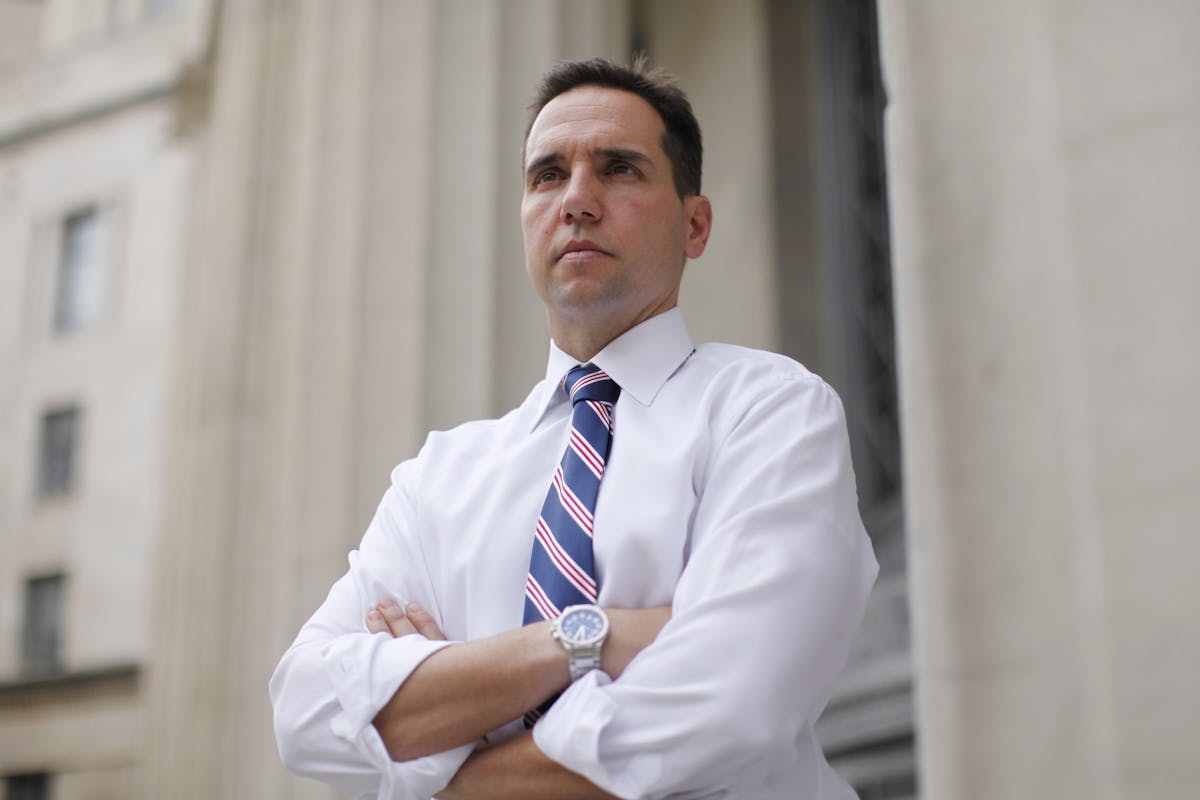
Iran Adds 7 Years to Prison Sentence for Nobel Laureate Narges Mohammadi
By SUN STAFF and ASSOCIATED PRESS
|The special counsel is reportedly weighing charges relating to raking in millions of dollars via false election claims — and they weren’t claims made by Biden promising a return to normalcy.

Already have a subscription? Sign in to continue reading

By SUN STAFF and ASSOCIATED PRESS
|
By MATTHEW RICE
|
$0.01/day for 60 days
Cancel anytime
By continuing you agree to our Privacy Policy and Terms of Service.
By DAVID JONES